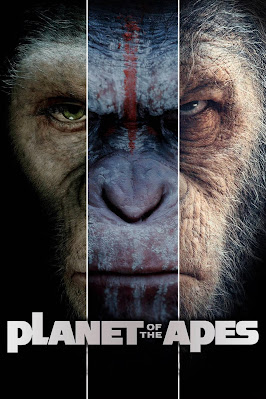| Sixteen Candles |
For instance, Sixteen Candles (1984) deals with the contrast between expectations and disappointments (not to mention familial embarrassments), in addition to romantic idealism (i.e., Jake Ryan) and relationships. In The Breakfast Club (1985), there are differences as well, only in the form of high school cliques (the brain, the jock, the princess, the rebel, the recluse). Along with said differences are characters' pressures from different angles, within family and within society. The film also challenges its viewers in standing up for friendships and committing to them.
 |
| Ferris Bueller's Day Off |
Like Sixteen Candles, Ferris Bueller's Day Off (1986) is played for laughs, but it regards one's notion of freedom and, more specifically, making the most of life instead of missing out on it. It could be debated about the intention of this message and whether or not we should empathize with the title character (that's just my opinion). Even so, it presents an insight into how one develops courage and willingness (in this case, Cameron) to "take a stand" against the very things that are weighing on him (e.g., Cameron's dad's pressure and neglect on him and his mother).
Lastly, there's Pretty and Pink (1986) and Some Kind of Wonderful (1987)--two films that are similar in plot, but reversed in terms of gender, social, and sexual identity. Both films also deal with the notion of teen romance and idealism, such as the way Molly Ringwald's Andie views Andrew McCarthy's Blaine (Pink) and the way Eric Stoltz's Keith views Lea Thompson's Amanda (Wonderful). On the other side of each triangle is the outcast that has a hidden admiration for the central character--in Pink's case, it's Jon Cryer's Duckie, and in Wonderful's case, it's Mary Stuart Masterson's Watts.
Each film, in many ways, is the same. On the other hand, they arguably deal with different themes, such as social class, sexual identity (i.e., the way Watts dresses and acts), and choices in life (i.e., Keith's decision to hold off on college). With these ideas in mind, Pink and Wonderful could be viewed as John Hughes's most dramatic and thematic pieces (alongside The Breakfast Club). They also stand as landmarks in an era where such stories carried an exceptional quality that allowed intended viewers (teenagers) to identify with their characters and each took their subject matter seriously. It is also one of the many reasons John Hughes's legacy and influence lives.







